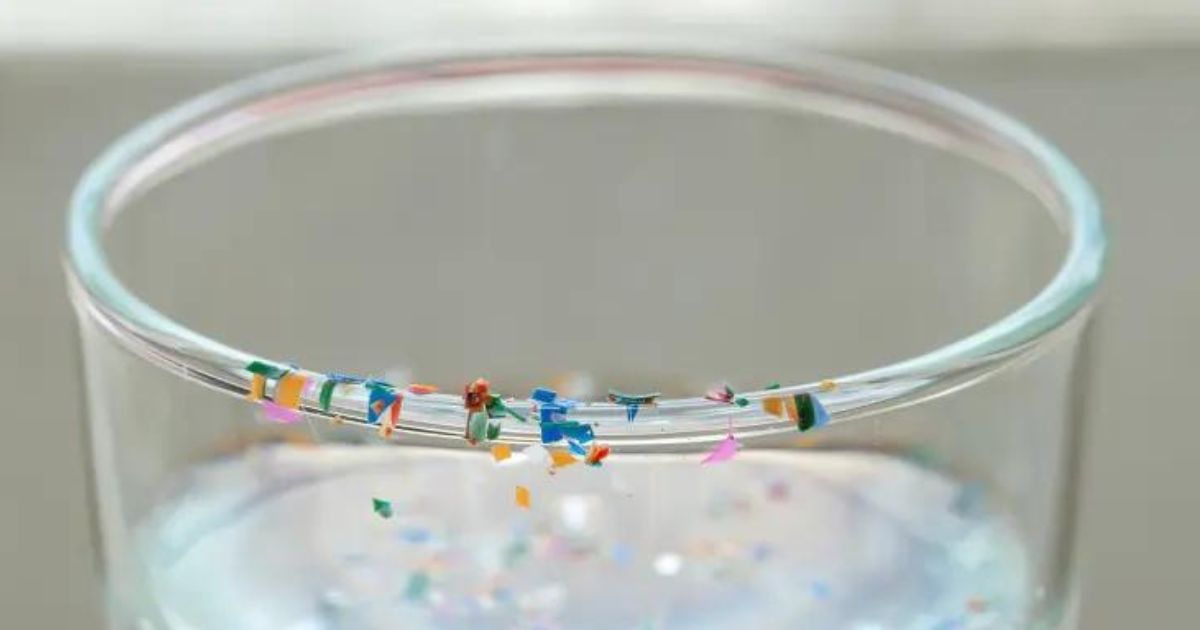A recent study published in the Journal of Family Issues highlights the potential negative impact of having more siblings on a child’s mental health and discusses sibling stress. While traditional beliefs suggest that growing up with siblings can improve social skills and resilience, the research, based on data from over 18,000 adolescents aged around 14 in the US and China, indicates a correlation between the number of siblings and increased levels of anxiety and low self-esteem.
Sibling Stress and The Unseen Challenges
The study, titled “Number of Siblings and Mental Health Among Adolescents: Evidence from the US and China,” found that American teenagers with more siblings tended to agree with statements reflecting anxiety and low self-esteem.
Particularly, those with older or closely spaced siblings seemed to be more prone to such feelings. The findings open up a conversation about the dynamics of sibling relationships and their potential impact on mental health.
Insights from the Study
Douglas Downey, a sociology professor at Ohio State University and lead author of the study, suggests that competition for parental resources among siblings of similar ages could contribute to jealousy and conflict. However, he emphasizes that the correlations found in the study are “modest” and socioeconomics may also play a role in the observed effects.
The study also highlights the positive aspects of having siblings, citing previous research that shows enhanced abilities in negotiation, empathy, and conflict resolution. Despite the potential challenges, sibling relationships can contribute to long-term mental health benefits.
Expert Tips for Parents to Navigate Sibling Dynamics
In response to these findings, experts share valuable advice for parents to foster positive sibling relationships and minimize rivalry:
Avoid Labeling: Therapist Mandy Saligari warns against labeling children with attributes like “the clever one” or “the funny one,” as this can lead to competition and conflict. Treating each child as an individual fosters a healthier dynamic.
Stay Out of Sibling Rows: While rivalry can be healthy, it’s essential for parents to establish early rules for conflict resolution. Dr. Shadi Shahnavaz suggests allowing siblings to work out their battles while providing guidance on expressing anger appropriately.
Avoid Favoritism Guilt: Parents should not feel guilty for treating their children differently based on their individual needs. Acknowledging each child’s uniqueness and responding to their specific requirements is a crucial aspect of parenting.
Apologize for Unintentional Favoritism: If a child rightfully complains about preferential treatment, a sincere apology from parents can heal resentment and strengthen family bonds.
Avoid Academic Comparisons: As children grow, academic abilities may differ. Parents and teachers should refrain from comparing siblings academically, acknowledging their individual strengths and achievements.
Take Care of Yourself: Children’s perception of parental emotional capacity deeply influences their relationships with each other. Experts recommend parents prioritize self-care to prevent spreading resentment unintentionally.
Involve Older Siblings with New Additions: When a new sibling is introduced, involving older siblings from the beginning helps prevent feelings of abandonment and rivalry. Establishing the older child as an ally can create a positive bond.
Triage Parental Attention: Parenting involves prioritizing and triaging attention based on individual needs. Communicating openly with children about time allocation and spending quality time with each child, regardless of age, fosters a positive family environment.
Navigating Sibling Relationships
The study sheds light on the intricate dynamics of sibling relationships and their potential impact on mental health. While challenges may arise, the expert advice emphasizes the importance of fostering individuality, open communication, and a supportive family environment to navigate sibling relationships positively.








Leave a Reply
You must be logged in to post a comment.